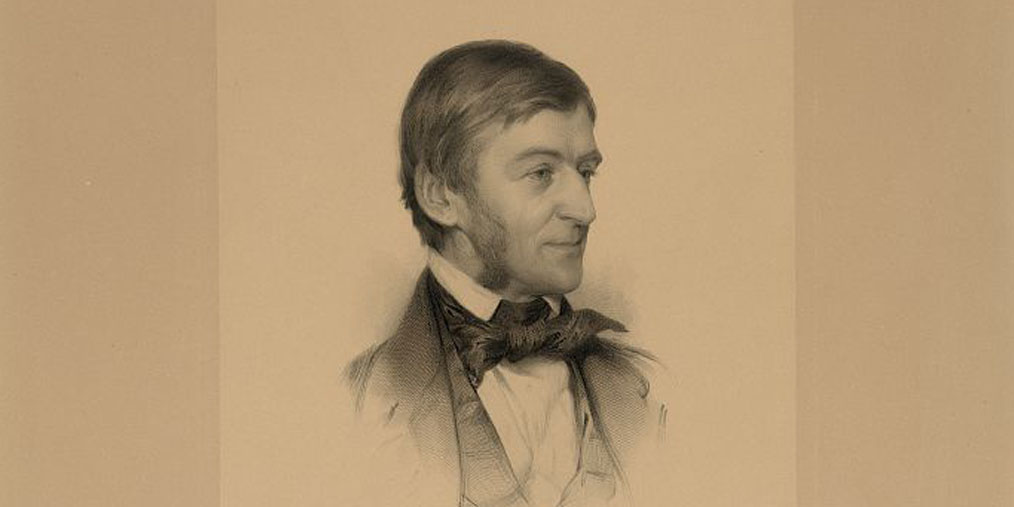From a sermon preached by Ralph Waldo Emerson at the Second Church, Boston, October 21, 1832:
How many men now regard their business as so much interruption, as so much injury to their religious life? Their religious character is something separate from their daily actions. If instead of this each man worked in his favorite calling in the way and according to the principles of his own inward Teacher—and therefore with love—if he saw in every day’s labor that he was thereby growing more skillful and more wise; that he was co-operating with God in his own education, so that every dollar he earned was a medal of so much real power—the fruit and means of so much real goodness; if neither his working hours nor his rest was lost time, but all was helping him onward—would not his heart sing for joy? Would not the day be brighter and even the night light about him? Would not company be more pleasant and even solitude be sociable and his life reveal a new heaven and a new earth to his purer eyes?
The concept of calling can mean different things to different people, and in fact there are several different definitions in use by scholars of the subject. But I think Emerson points to something that should not be left out—our calling should connect to our deep intrinsic drive for growth and development, Emerson’s inward Teacher, which seems to be connected to our desire to work in cooperation with God.
Emerson closes with this:
You will be watching the wonderful opening and growth of a human character, the birth and breeding of an angel that has been born and will never die—who was designed by his maker to be a benefactor to the world, and to find his own happiness in forever enlarging the knowledge, multiplying the powers, and exalting the pleasures of others.
We don’t have to agree with all of the theology to share the aspiration.
Reference: Mott, Wesley T. (ed.), von Frank, Albert J. (Chief ed.), The Complete Sermons of Ralph Waldo Emerson Volume 4, University of Missouri Press (Columbia, Mo.;1992), p. 208.


